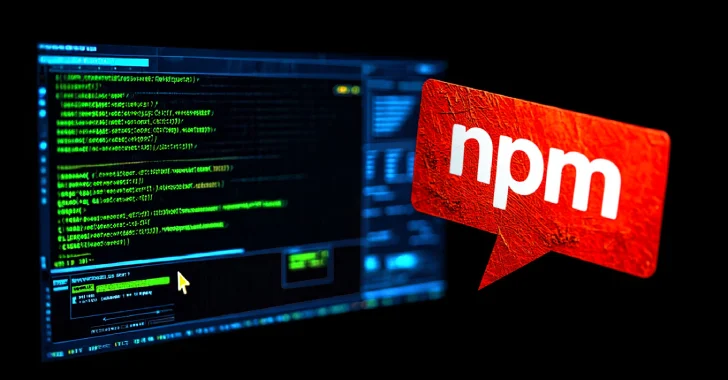A recent software supply chain attack has compromised multiple npm packages, significantly impacting the developer community and raising alarms about security vulnerabilities within package ecosystems. The breach occurred after the maintainer Josh Junon, known as Qix, fell victim to a phishing email designed to mimic legitimate communications from npm.
The phishing attempt, sent from an address disguised as “support@npmjs[.]help,” urged Junon to update his two-factor authentication (2FA) credentials before a specified deadline. This deceptive message contained an embedded link that led to a fraudulent page, prompting the maintainer to enter critical login information including username, password, and 2FA token. It is suspected that an adversary-in-the-middle (AitM) attack was executed, extracting these credentials and enabling the publication of compromised versions of the npm packages.
A total of 20 packages, which collectively garner over 2 billion weekly downloads, have been identified as affected by the attack. Among them are widely used libraries such as chalk, debug, and ansi-regex. Junon expressed regret over the incident, acknowledging the lapse in vigilance during a stressful period.
Investigation into the injected malware reveals its capability to intercept cryptocurrency transaction requests, replacing the destination wallet address with that of an attacker-controlled wallet. Security analysts from Aikido Security and Socket highlighted that the malware functions as a browser-based interceptor, hijacking network traffic and APIs to facilitate cryptocurrency theft. The malicious payload can compromise end users with connected wallets if they visit sites that incorporate the tainted code.
The incident underscores a troubling pattern, as package ecosystems like npm and the Python Package Index (PyPI) continue to be attractive targets for cybercriminals due to their extensive reach among developers. This is not an isolated case; previous research from ReversingLabs indicated that 14 out of 23 crypto-related malicious campaigns in 2024 targeted npm.
Experts, including Ilkka Turunen from Sonatype, noted that this type of attack is becoming dangerously commonplace. Attackers frequently exploit the trust inherent in open-source projects to introduce harmful payloads, often leaving backdoors and facilitating broader infiltration of developer organizations. The calculated targeting of prominent packages suggests a shift towards more sophisticated methods employed by advanced persistent threat groups, such as Lazarus, who seek to access vast segments of the developer population through single, under-resourced projects.
The supply chain attack has extended its reach, claiming another notable maintainer, duckdb_admin, which has been associated with distributing the same wallet-draining malware across several additional packages. As the situation unfolds, developers are being urged to enhance security measures, scrutinize dependencies, and reinforce CI/CD pipelines to prevent similar incidents in the future. The need for heightened security awareness in the software development community has never been more critical.







